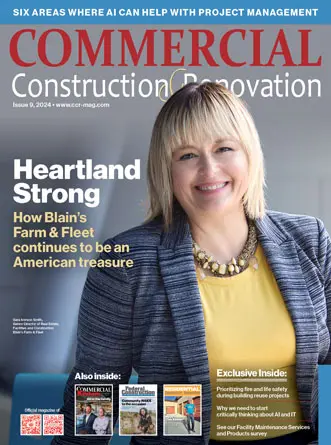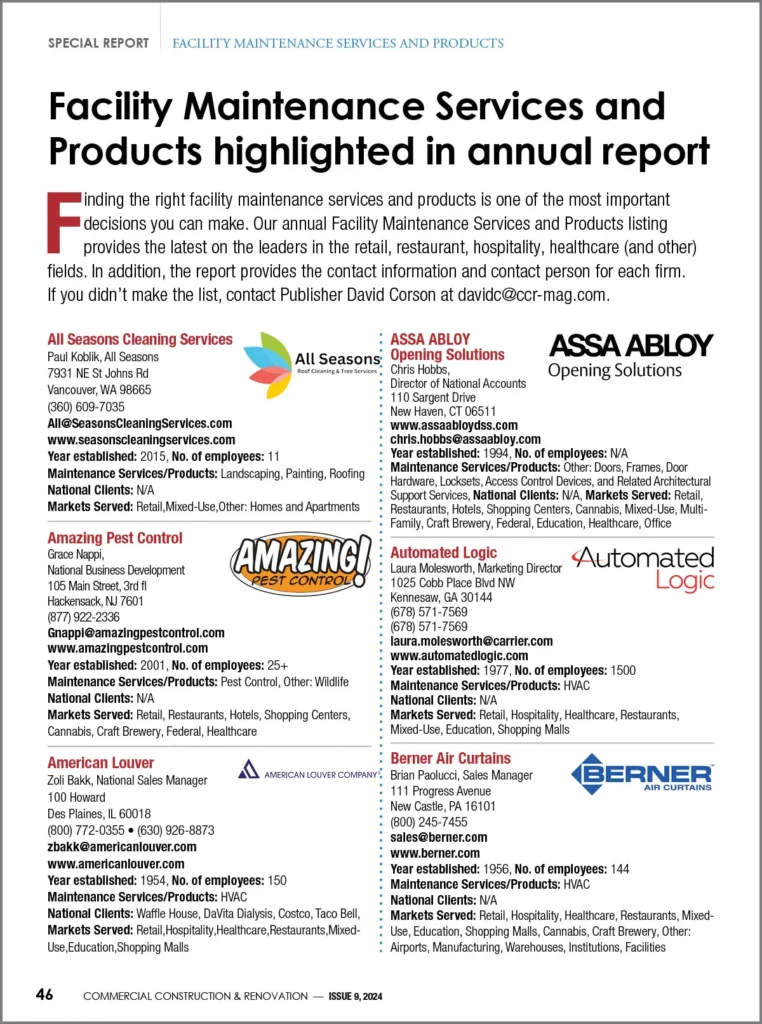In Atlanta’s business scene, choosing the right commercial glass is important—it blends design, practicality, and energy efficiency. The city’s mix of architectural styles calls for glass that serves its purpose while fitting in with everything from modern to classical looks. Finding the right balance between quality and cost can be tricky. It’s not just about the glass itself; it’s about enhancing the space. A well-chosen glass can change how a business is perceived, affect energy use, and even strengthen a brand’s image.
Selecting commercial glass installation Atlanta involves challenges that call for balancing quality and budget. Here, different types of glass are considered, focusing on their durability and maintenance needs. Breaking down costs helps weigh upfront expenses against long-term savings. Additionally, it’s important to explore how various glass options impact the environment, a key consideration for businesses striving for sustainability.
Commercial Glass Options
Commercial glass comes in many types, each designed to fit Atlanta’s specific architectural and functional needs, from basic float glass to advanced energy-efficient options. Float glass is the most common due to its versatility and affordability, but it lacks the features of more specialized glass. Laminated glass is valued for its safety, offering added security and noise reduction, making it ideal for busy urban areas.
Tempered glass is known for its strength and heat resistance, making it a durable option for high-demand areas. For those focused on sustainability, low-emissivity (Low-E) glass provides thermal insulation, helping to lower heating and cooling costs. Each type affects both immediate costs and long-term budget impacts.
How Quality Affects Longevity and Maintenance
When considering the long-term benefits of commercial glass in Atlanta, it’s important to recognize how quality affects both lifespan and maintenance. High-quality glass, though it may cost more initially, saves money in the long run by reducing the need for frequent maintenance and replacements. This durable glass better withstands environmental factors like weather and physical impacts, keeping its appearance and strength for years.
By resisting damage more effectively than cheaper options, it helps avoid costly repairs and disruptions. Additionally, investing in superior glass ensures reliable performance, supporting energy efficiency and the look businesses want to maintain. While the upfront cost may be higher, the long-term savings in maintenance make it a smart choice.
Cost Considerations: Short-Term Savings vs. Long-Term Benefits
In terms of the financial impact of investing in commercial glass, weighing short-term savings against long-term benefits is key. Opting for cheaper glass may seem appealing due to its lower initial cost, but it can lead to higher expenses down the line through more frequent maintenance and replacements. Poor-quality glass may degrade faster, driving up long-term costs and potentially disrupting operations.
In contrast, investing in premium glass upfront, though more expensive initially, can lead to significant savings over time thanks to its enhanced durability, better performance, and reduced need for repairs. High-quality glass also often maintains its aesthetic appeal longer, contributing to a polished and professional look for the business.
Assessing Energy Efficiency and Environmental Impact
Different glass options play an essential role in shaping the energy efficiency and sustainability of commercial buildings in Atlanta. Choosing between eco-friendly glass, like Low-E glass, and more traditional, cost-effective options requires weighing the pros and cons. Energy-efficient glass may have a higher upfront cost, but it usually lowers energy use over time, helping to meet environmental goals. This choice can reduce heating and cooling costs by minimizing heat transfer.
On the other hand, traditional glass may be cheaper initially but can lead to higher energy bills and a bigger environmental impact due to its lower insulation. It’s about balancing immediate costs with the growing need for sustainable development. Additionally, future regulations might favor eco-friendly options, making them a smarter, forward-thinking choice for commercial architecture.
Making the Right Choice for Your Business Needs
Choosing the right glass for your commercial space in Atlanta isn’t just a technical decision—it’s a way to support your business goals and brand identity. When considering glass options, think about how they can enhance your branding. Glass that reflects your company’s image helps maintain a consistent brand look.
At the same time, don’t forget about safety and security. Using laminated or reinforced glass can protect your assets and offer peace of mind, especially if security is a concern. Glass also affects customer experience, shaping the atmosphere and comfort of your space, whether it’s creating a warm, welcoming environment or offering clear views of a busy cityscape.
Selecting the right commercial glass in Atlanta requires careful consideration of both aesthetics and practicality. High-quality glass enhances not only the visual appeal of a building but also its energy efficiency and long-term durability. Businesses that invest in premium glass solutions benefit from reduced maintenance costs, better environmental performance, and an improved brand image. By balancing upfront costs with long-term savings, companies can ensure their glass choices align with their financial and sustainability goals. With thoughtful planning, the right glass can become a valuable asset that elevates both function and design.








 The 2024 virtual Men’s Round Table will be held Q4, 2024, date TBD.
The 2024 virtual Men’s Round Table will be held Q4, 2024, date TBD.













